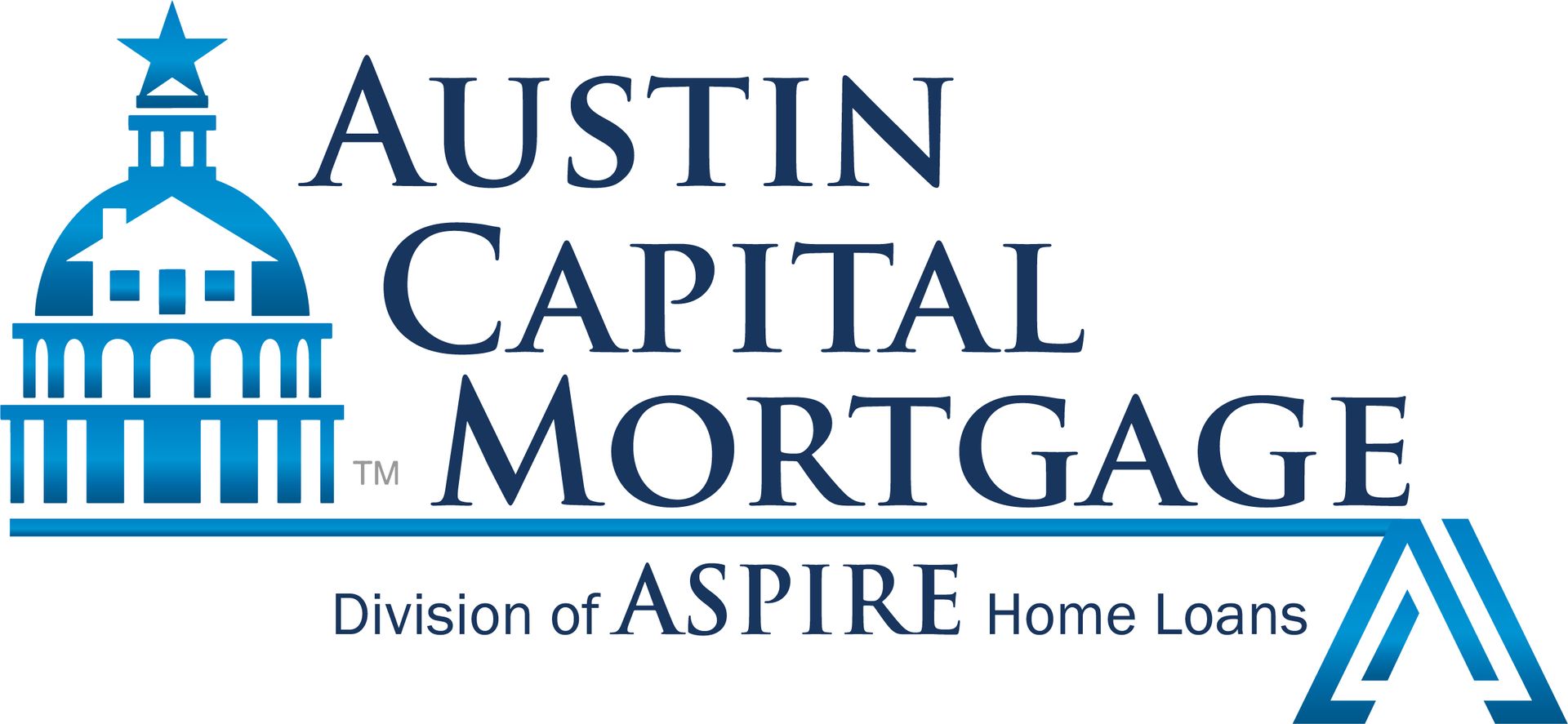Are you a homeowner in need of some extra cash? Or perhaps you want to take advantage of the current low interest rates? In either case, a cash-out refinance might be the solution you're looking for. A cash-out refi allows you to tap into the equity of your home and receive a lump sum of money, which can be used for various purposes. In this comprehensive guide, we will explore the concept of cash-out refinancing, understand when it makes sense to pursue this option, and learn how to get started.
What is Cash Out Refi?
Cash-out refinance, also known as a cash-out refi, is a financial strategy that allows homeowners to refinance their existing mortgage for an amount greater than what they currently owe. The difference between the new loan amount and the original mortgage balance is paid out to the homeowner in cash at closing. Essentially, it involves replacing your current mortgage with a new one while borrowing additional funds against the equity you have built up in your home.
When Does Cash Out Refi Make Sense?
1. Debt Consolidation
If you have accumulated high-interest debts, such as credit card bills or personal loans, a cash-out refinance can help you consolidate those debts into a single, more manageable monthly payment. By refinancing at a lower interest rate, you can potentially save money in interest payments over time.
2. Home Improvements
Using the equity in your home to fund home improvement projects can be a wise investment. Whether you're looking to renovate your kitchen, add an extra bedroom, or enhance your outdoor living space, a cash-out refi can provide the funds you need to bring your vision to life.
3. Education Expenses
With the rising cost of education, many homeowners turn to cash-out refinancing to help pay for their children's college tuition or their own further education. By using the equity in your home, you can secure funds to cover educational expenses while potentially benefiting from lower interest rates compared to other forms of financing.
4. Starting a Business
Entrepreneurs often struggle to secure funding when starting a new business venture. Cash-out refi offers an alternative financing option by leveraging the equity in your home. It provides a lump sum that can be used as startup capital or to support business expansion plans.
5. Emergencies or Unexpected Expenses
Life is full of surprises, and some of them can be financially demanding. Whether it's a medical emergency, major car repairs, or unforeseen home repairs, having access to the equity in your home through a cash-out refinance can provide a safety net in times of need.
How to Get Started with Cash Out Refi?
1. Evaluate Your Financial Situation
Before diving into the process of cash-out refinancing, it's important to assess your current financial situation. Take a close look at your income, expenses, and overall debt. Consider your long-term financial goals and determine if a cash-out refi aligns with those objectives.
2. Check Your Credit Score
A good credit score is essential when applying for any type of loan. Lenders use credit scores to assess your creditworthiness and determine the interest rate you'll qualify for. Review your credit report and address any inaccuracies or issues before starting the cash-out refinance process.
3. Calculate Your Home Equity
To determine how much cash you can potentially access through a cash-out refi, you need to calculate your home equity. Home equity is the difference between your home's current market value and the outstanding balance on your mortgage. Lenders typically require a minimum amount of equity to approve a cash-out refinance.
4. Shop Around for Lenders
Not all lenders offer cash-out refinancing, and the terms and rates can vary. Take the time to shop around and compare offers from multiple lenders. Look for competitive interest rates, favorable loan terms, and excellent customer service. Don't be afraid to negotiate and ask for better terms.
5. Gather Documentation
Just like any other mortgage application, a cash-out refinance requires documentation to verify your income, assets, and other financial details. Gather necessary documents such as pay stubs, bank statements, tax returns, and proof of homeowners insurance to streamline the application process.
6. Submit Your Application
Once you've selected a lender, it's time to submit your cash-out refinance application. Provide all the required documentation promptly and accurately. Be prepared for the lender to conduct an appraisal of your property to determine its current value.
7. Close the Loan
If your application is approved, you'll proceed to the closing stage. Review all the loan documents carefully and make sure you understand the terms and conditions. Sign the necessary paperwork and pay any closing costs or fees as required. After closing, you'll receive your cash-out funds.
FAQs About Cash Out Refi
Q: How long does the cash-out refi process take?
A: The timeline for a cash-out refi can vary depending on various factors. On average, it takes between 30 to 45 days from the time you submit your application to the closing of the loan.
Q: Can I use the cash-out funds for anything I want?
A: Yes, you have the flexibility to use the cash-out funds for any purpose you desire. However, it's important to use the funds responsibly and consider your long-term financial goals.
Q: Are there any tax implications of a cash-out refi?
A: The interest on a cash-out refinance is generally tax-deductible if the funds are used for home improvements. However, it's always best to consult with a tax professional to understand your specific tax situation.
Q: Can I refinance if I have bad credit?
A: While a lower credit score can make it more challenging to qualify for a cash-out refinance, it's not impossible. Some lenders specialize in working with borrowers with less-than-perfect credit. However, be prepared for potentially higher interest rates or stricter terms.
Q: Can I refinance if my home has lost value?
A: If your home's value has declined since you purchased it, it can affect your eligibility for a cash-out refi. Lenders typically require a certain amount of equity in your home. If your equity is insufficient, you may not qualify for a cash-out refinance.
Q: What happens if I can't make the payments on my cash-out refi?
A: If you're unable to make the payments on your cash-out refinance, you may face consequences similar to defaulting on a traditional mortgage. It's crucial to carefully assess your ability to make the monthly payments before pursuing a cash-out refi.
Conclusion
A cash-out refi can be a valuable tool for homeowners who need access to funds and have built up equity in their homes. By following the steps outlined in this guide, you can navigate the process of cash-out refinancing with confidence. Remember to evaluate your financial situation, compare offers from lenders, and make informed decisions based on your long-term goals. When used responsibly, a cash-out refi can help you achieve your financial objectives and bring you one step closer to the life you desire.



